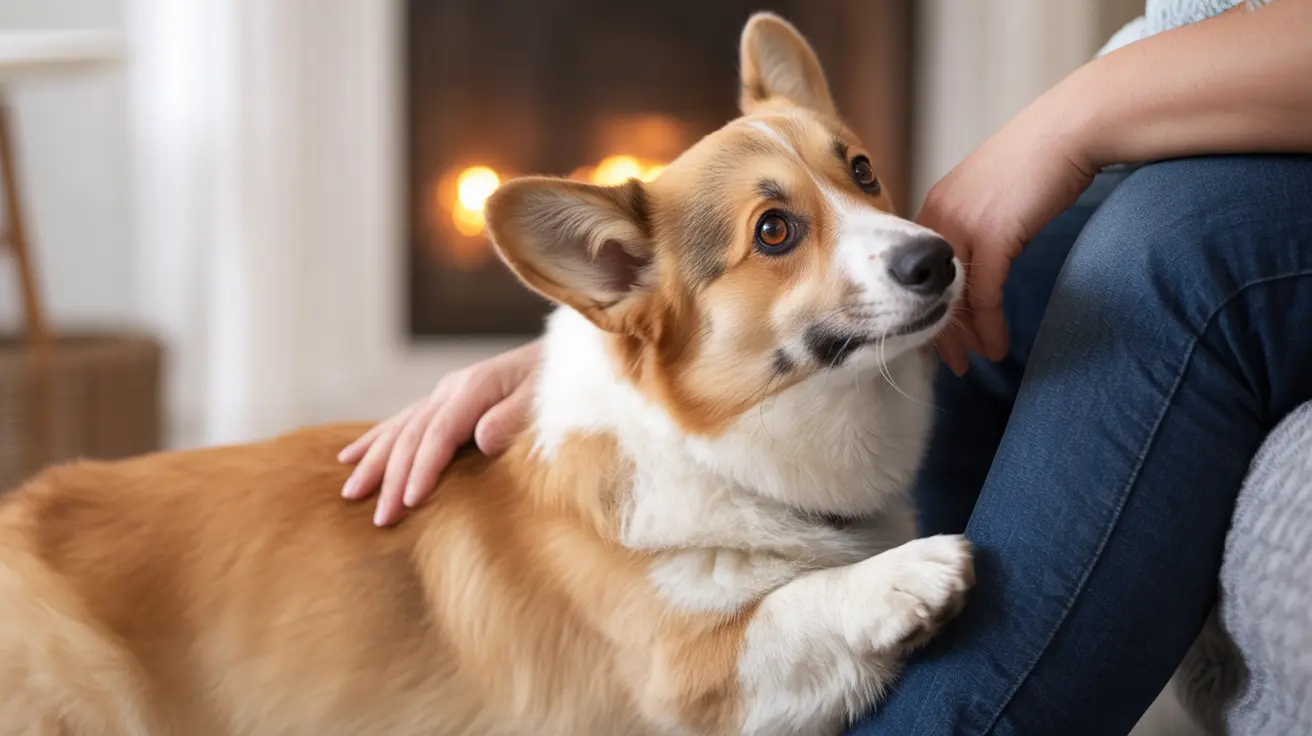Understanding Corgi Affection
Corgis are beloved for their charming personalities and distinctive appearance, but many potential owners wonder about their capacity for affection. These intelligent herding dogs have earned a reputation for being loving companions, though their cuddliness can vary significantly from one individual to another.
While corgis are generally affectionate dogs, their approach to showing love might differ from what you'd expect from traditionally "lap dog" breeds. Understanding their unique personality traits and herding background helps explain their particular style of showing affection.
Natural Affection Levels in Corgis
Most corgis display strong bonds with their families and show affection through various behaviors. They often express their love by following their owners around, leaning against them, or requesting attention through gentle nudges. This inherent desire for closeness makes many corgis naturally cuddly companions.
However, it's important to note that their herding heritage can influence how they show affection. Rather than being constant lap dogs, many corgis prefer to stay close while maintaining some independence, alternating between cuddle sessions and more active forms of interaction.
Factors Affecting Corgi Cuddliness
Early Socialization
The foundation for a cuddly adult corgi starts in puppyhood. Early positive experiences with handling and gentle physical contact help develop comfort with human touch. Puppies exposed to various people and situations during their critical socialization period often grow into more affectionate adults.
Individual Personality
Just like humans, each corgi has a unique personality. Some naturally seek more physical closeness, while others might prefer showing affection through play or following behavior. This individual variation exists regardless of breeding or upbringing.
Environment and Training
A corgi's living environment and training experiences significantly impact their comfort with physical affection. Dogs raised in loving, positive environments typically display more confidence in seeking and receiving cuddles.
Building a Cuddly Bond with Your Corgi
Positive Reinforcement
Using treats and praise to reward calm, affectionate behavior helps create positive associations with cuddling. This approach encourages your corgi to seek out more physical closeness voluntarily.
Respect Boundaries
Always respect your corgi's comfort level with physical contact. Forcing cuddles can create negative associations and make them less likely to seek affection in the future. Let them initiate contact when they're ready.
Exercise and Mental Stimulation
Meeting your corgi's physical and mental exercise needs often results in a more relaxed dog who's more likely to enjoy quiet cuddle time. A tired corgi is usually a more cuddly corgi!
Frequently Asked Questions
Are corgis known to be more cuddly and affectionate than other dog breeds?
While corgis are generally affectionate, they typically show average to above-average levels of cuddliness compared to other breeds. Their affection style often combines physical closeness with active engagement, rather than pure lap dog behavior.
How does early socialization affect a corgi's cuddly behavior as an adult?
Early socialization significantly impacts a corgi's comfort with physical affection. Puppies who receive positive handling experiences and gentle socialization during their first few months typically grow into more confident, affectionate adults.
What factors influence whether my corgi will enjoy cuddling or prefer other types of affection?
Individual personality, early experiences, socialization, physical health, and the quality of their relationship with their owner all influence a corgi's preference for cuddling. Environmental factors and daily routine also play important roles.
How can I encourage my corgi to be more cuddly and comfortable with physical closeness?
Use positive reinforcement, respect their boundaries, ensure they get adequate exercise, and create positive associations with gentle handling. Never force physical contact, and always let them set the pace for increasing closeness.
Are there differences in cuddliness between male and female corgis or between Pembroke and Cardigan corgis?
While male corgis are sometimes reported to be more openly affectionate, individual personality matters more than gender or breed type. Both Pembroke and Cardigan Welsh Corgis can be equally cuddly, with variation occurring more between individuals than breeds.
Conclusion
Corgis can indeed be wonderfully cuddly companions, though their affection style often combines physical closeness with their natural herding instincts and active personality. Understanding and working with your corgi's individual preferences while providing proper care and training will help develop the strongest, most affectionate bond possible.






